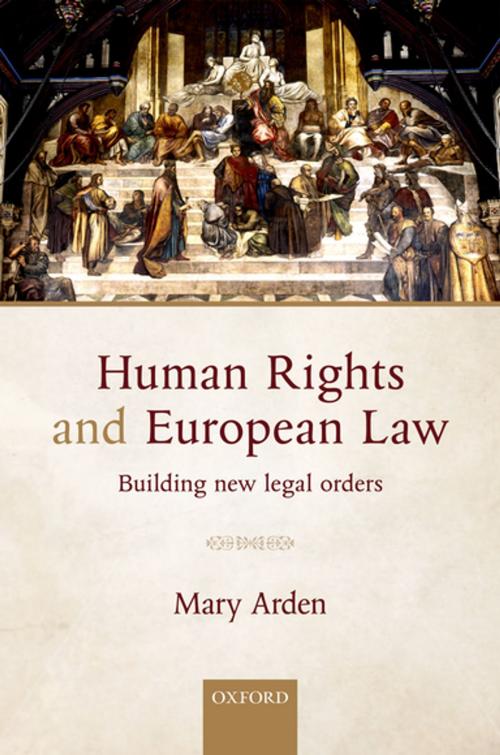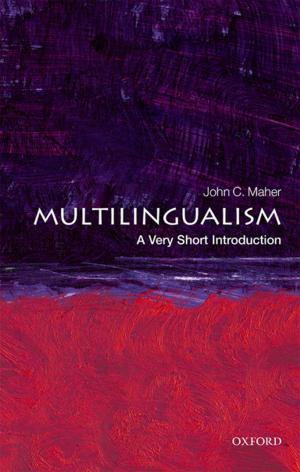Human Rights and European Law
Building New Legal Orders
Nonfiction, Reference & Language, Law, Civil Rights, Social & Cultural Studies, Political Science| Author: | Mary Arden | ISBN: | 9780191044281 |
| Publisher: | OUP Oxford | Publication: | January 8, 2015 |
| Imprint: | OUP Oxford | Language: | English |
| Author: | Mary Arden |
| ISBN: | 9780191044281 |
| Publisher: | OUP Oxford |
| Publication: | January 8, 2015 |
| Imprint: | OUP Oxford |
| Language: | English |
Senior judges and politicians increasingly question the role of the EU and the European Court of Human Rights. Some call for a reconsideration of the influence of transnational courts in the legal life of the UK, while others argue for a repeal of the Human Rights Act in favour of a British Bill of Rights. Many perceive control of law-making as moving irreversibly away from the UK and into the hands of Europe. In contested domains like national security and individual freedoms there are concerns that the British national identity is being lost. Against this backdrop of confusion, Mary Arden's voice is one of reason. A senior judge who has been at the heart of dialogue between domestic and international judges, Mary Arden is uniquely placed to discuss the impact of developments in human rights and European law. In this major new collection of her writings, Mary Arden clarifies the issues at stake with the new European legal orders. She explains the major developments in simple terms, addresses core criticisms of the EU and the ECHR, and examines the practical effects of these institutions on domestic legislation and case law. In describing the far-reaching impact of EU law and the Human Rights Act, Mary Arden gives an insider's view of key conflicts including national security versus freedom of the individual, and freedom of the press versus the individual's right to privacy. She also outlines how domestic courts have been able to draw upon the decisions of Strasbourg in the key battlefields of media freedom, data protection, and national security.
Senior judges and politicians increasingly question the role of the EU and the European Court of Human Rights. Some call for a reconsideration of the influence of transnational courts in the legal life of the UK, while others argue for a repeal of the Human Rights Act in favour of a British Bill of Rights. Many perceive control of law-making as moving irreversibly away from the UK and into the hands of Europe. In contested domains like national security and individual freedoms there are concerns that the British national identity is being lost. Against this backdrop of confusion, Mary Arden's voice is one of reason. A senior judge who has been at the heart of dialogue between domestic and international judges, Mary Arden is uniquely placed to discuss the impact of developments in human rights and European law. In this major new collection of her writings, Mary Arden clarifies the issues at stake with the new European legal orders. She explains the major developments in simple terms, addresses core criticisms of the EU and the ECHR, and examines the practical effects of these institutions on domestic legislation and case law. In describing the far-reaching impact of EU law and the Human Rights Act, Mary Arden gives an insider's view of key conflicts including national security versus freedom of the individual, and freedom of the press versus the individual's right to privacy. She also outlines how domestic courts have been able to draw upon the decisions of Strasbourg in the key battlefields of media freedom, data protection, and national security.















